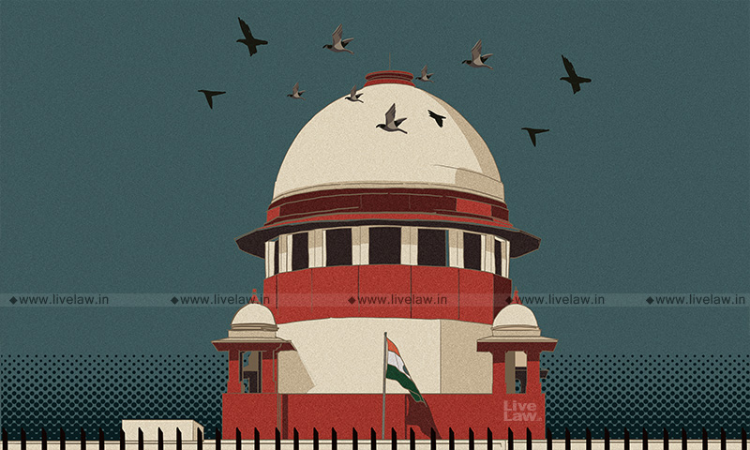Supreme Court Directs States(Except Maharashtra) To Fill Up Consumer Commission Vacancies By End Of January 2022
Shruti Kakkar
7 Dec 2021 5:08 PM IST

Next Story
7 Dec 2021 5:08 PM IST
The Supreme Court on December 1, 2021 issued a slew of directions in the suo-motu case to deal with the vacancies in Consumer Commissions across the country.The bench of Justices SK Kaul and MM Sundresh made the following observations with regards to the Vacancy Position, Infrastructure and Staff Vacancies.Vacancy PositionThe bench after considering the comprehensive status report in respect...
